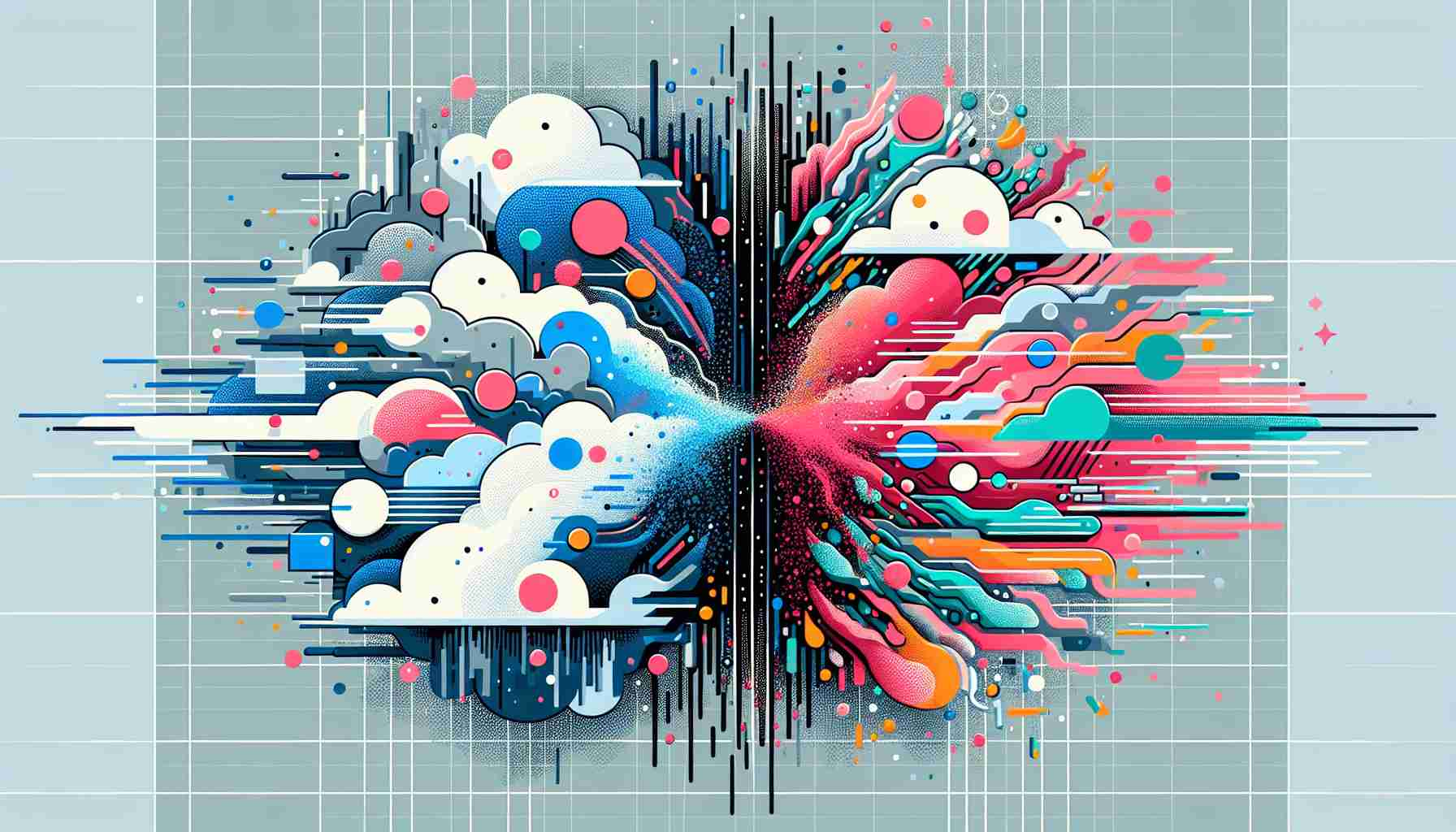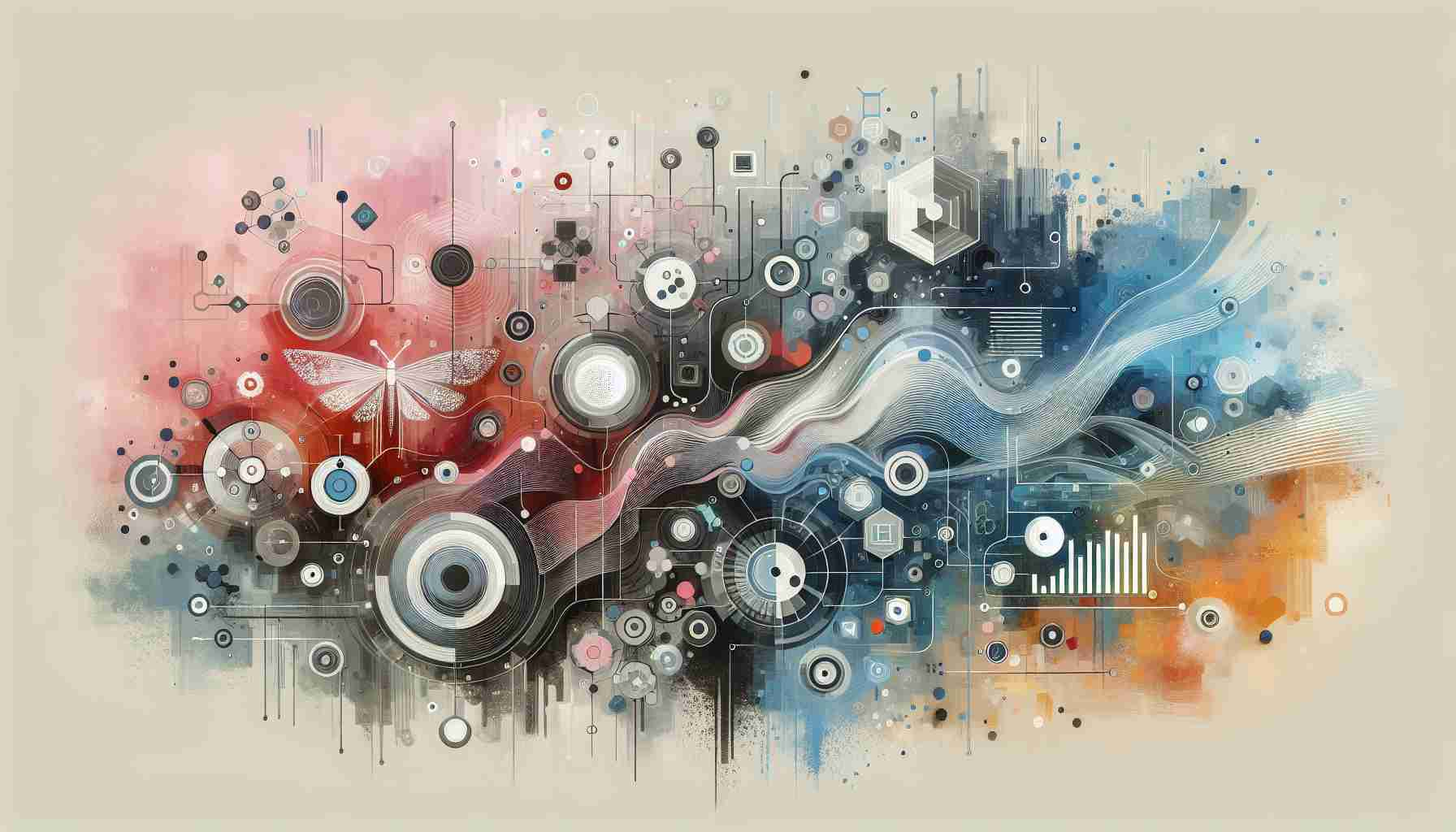Data Science vs Data Analytics Understanding the Distinction

Data Science vs Data Analytics Briefly Summarized
- Data Science is a broad field that encompasses the entire data processing pipeline, including data analysis, predictive modeling, and machine learning. It aims to extract insights from data and use them to inform strategic decisions.
- Data Analytics is more focused on processing and performing statistical analysis on existing datasets. Analysts aim to answer specific questions based on the data at hand.
- While Data Science often involves creating new algorithms for data analysis, Data Analytics typically uses existing tools to find actionable data.
- Data Science requires a strong foundation in machine learning, statistics, and a broad knowledge of different data processing techniques.
- Data Analytics is generally more accessible and focuses on immediate, practical insights and outcomes that directly affect business operations.
Data analysis is a critical component of modern business and research, providing the foundation for informed decision-making and strategic planning. As the volume of data continues to grow exponentially, the fields of Data Science and Data Analytics have emerged as key players in harnessing the power of this data. Although they are often used interchangeably, these two disciplines have distinct roles, tools, and objectives. This article will delve into the nuances of Data Science and Data Analytics, helping to clarify their differences and how they complement each other in the data-driven landscape.
Introduction to Data Science and Data Analytics
Data Science is an interdisciplinary field that uses scientific methods, processes, algorithms, and systems to extract knowledge and insights from structured and unstructured data. It involves a wide array of skills ranging from statistics and mathematics to storytelling and data visualization. Data scientists are often tasked with predictive modeling, machine learning, and developing new algorithms for data processing.
On the other hand, Data Analytics refers to the techniques to analyze data to enhance productivity and business gain. Data analysts focus on processing and performing statistical analysis on existing datasets. They are typically concerned with discovering actionable data that can be used to make informed decisions and solve problems.
Scope and Objectives
Data Science:
- Scope: Data Science has a broader scope that includes data cleansing, preparation, analysis, visualization, and deployment of models.
- Objectives: The primary objective of Data Science is to find patterns and make predictions for future use. It is about generating broader insights that may not be immediately apparent.
Data Analytics:
- Scope: Data Analytics is narrower in scope, focusing on specific areas within the data.
- Objectives: The goal of Data Analytics is to answer specific questions that have been posed. It is about providing actionable insights that can be applied to improve specific business outcomes.
Tools and Techniques
Data scientists use a variety of tools and techniques, including but not limited to Python, R, SQL, Hadoop, and machine learning libraries. They are also adept at using big data platforms and working with unstructured data.
Data analysts, while also proficient in some of these tools, often focus on SQL, Excel, and BI tools like Tableau or Power BI. Their work is more focused on structured data and often involves using statistical methods to interpret data.
Required Skills
Data Science requires a deep understanding of machine learning algorithms, as well as strong programming and statistical skills. Data scientists must also be able to communicate their findings effectively, often through data visualization.
Data Analytics requires strong mathematical and statistical skills, with a focus on interpreting data rather than building new algorithms. Data analysts must also be able to present their findings in a way that is accessible to stakeholders.
Data Science vs Data Analytics in Practice
In practice, the distinction between Data Science and Data Analytics can sometimes blur. Data scientists and data analysts often work together, with data scientists providing the tools and models that data analysts use to produce insights. However, data scientists are typically involved in the development of new methods for analyzing data, while data analysts work on applying these methods to specific problems or questions.
Conclusion

Understanding the difference between Data Science and Data Analytics is crucial for businesses and individuals looking to harness the power of data. While both fields involve working with data, they do so in different ways and for different purposes. Data Science is about creating new methods for data analysis and predicting future trends, while Data Analytics is about interpreting existing data to make informed decisions.
By recognizing the unique contributions of each field, organizations can better structure their data teams and initiatives to maximize the value of their data assets.
FAQs on Data Science vs Data Analytics
-
What is the main difference between Data Science and Data Analytics?
- Data Science is a broader field that includes creating algorithms and predictive models, while Data Analytics focuses on analyzing existing data to answer specific questions.
-
Which is more important, Data Science or Data Analytics?
- Both are important; the significance depends on the business needs. Data Science is key for long-term, strategic decisions, while Data Analytics is crucial for day-to-day operational decisions.
-
Do Data Science and Data Analytics require different skills?
- Yes, Data Science typically requires skills in machine learning, programming, and statistics, while Data Analytics focuses more on statistical analysis and the use of specific tools like SQL and BI platforms.
-
Can a Data Analyst become a Data Scientist?
- Yes, with additional training and education, particularly in machine learning and advanced programming, a Data Analyst can transition to a Data Scientist role.
-
Which field is growing faster, Data Science or Data Analytics?
- Both fields are growing rapidly due to the increasing importance of data-driven decision-making in business. However, Data Science may be growing slightly faster due to its broader scope and the rise of big data technologies.
Sources
- Data analysis
- Data Analytics vs. Data Science: A Breakdown
- What is the difference between Data Science and Data Analytics?
- Data Science vs. Data Analytics — What's the Difference? - Sisense
- Data Analyst vs. Data Scientist: What's the Difference? | Coursera
- Which one is harder and preferable, data science or data analysis?
- Data Analytics vs Data Science - YouTube
- Data Analyst vs. Data Scientist: The Ultimate Comparison
- Data science vs data analytics: Unpacking the differences - IBM Blog